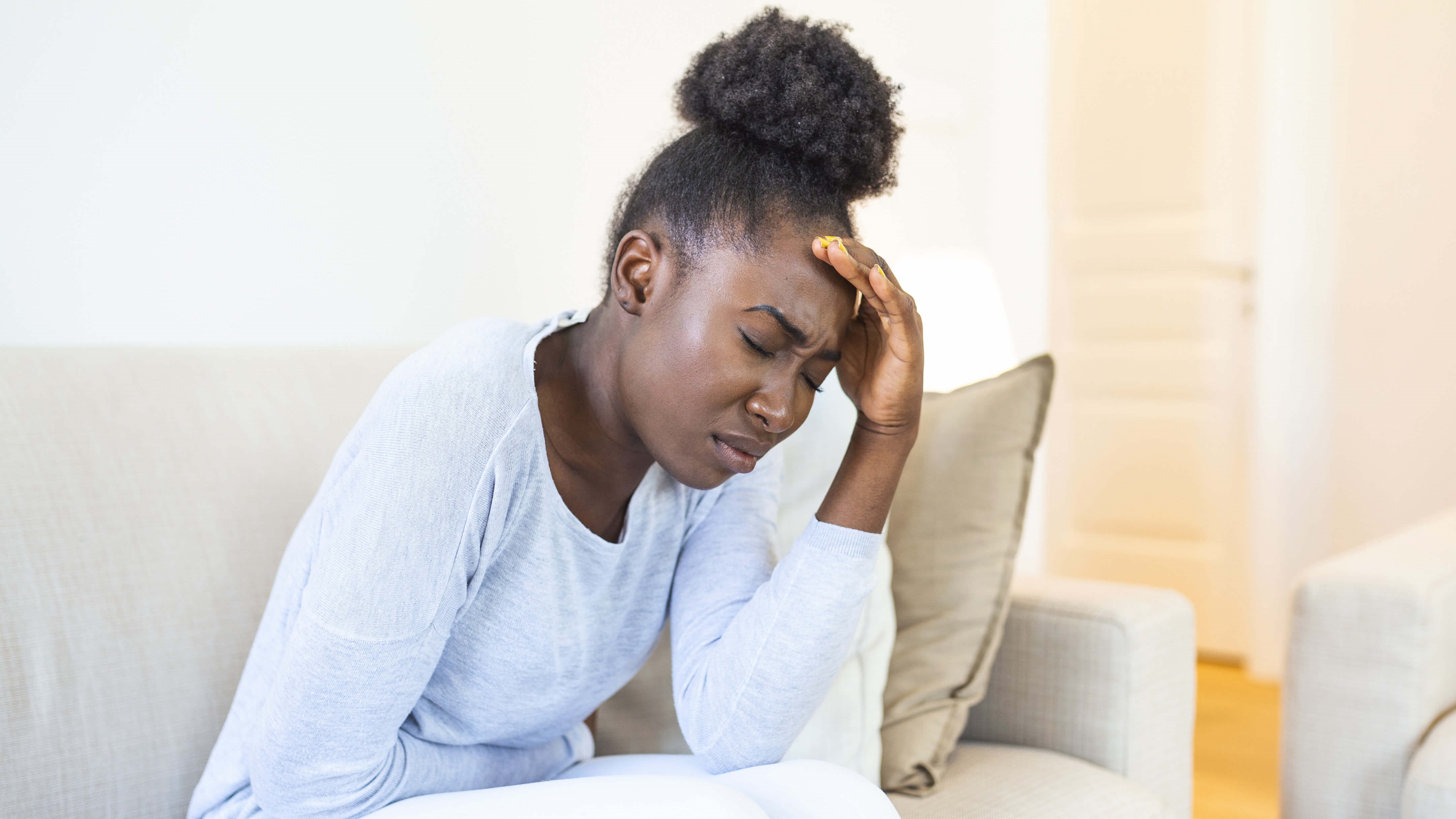What you need to know about Irritable Bowel Syndrome
&srotate=0)
IRRITABLE BOWEL SYNDROME
Irritable bowel syndrome, or IBS, is a problem that mainly affects the large intestine. IBS is not a disease. It's a functional disorder, which means that the bowel doesn't work as it should.
With IBS, the nerves and muscles in the bowel are extra-sensitive. For example, the muscles may contract too much when you eat. These contractions can cause cramping and diarrhea during or shortly after a meal. Or the nerves can be overly sensitive to the stretching of the bowel(because of gas, for example). Cramping or pain can result.
IBS can be painful. But it does not damage the bowel or cause any other diseases.
Does stress cause IBS?
Emotional stress will not cause a person to develop IBS. But if you already have IBS, stress can trigger symptoms. In fact, the bowel can overreact to all sorts of things, including food, exercise, and hormones.
Foods that tend to cause symptoms to include milk products, chocolate, alcohol, caffeine, carbonated drinks, and fatty foods. In some cases, simply eating a large meal will trigger symptoms.
Women with IBS often have more symptoms during their menstrual periods.
What are the symptoms of IBS?
- crampy abdominal pain
- painful diarrhea or constipation or both
- mucus in the stool
- swollen or bloated abdomen
- feeling that you have not finished a bowel movement
How is IBS diagnosed?
The doctor will suspect that you have IBS because of your symptoms. But the doctor may do blood tests, endoscopy or a barium enema to make sure you don't have any other diseases that could cause the symptoms.
What is the treatment?
IBS has no cure, but you can do things to relieve symptoms. Treatment may involve
1. diet changes
2. medicine
3. stress relief
1) Diet Changes
Some foods make IBS worse. It is a good idea to avoid these foods
· fatty and greasy foods
· milk products like cheese or ice cream
· chocolate
· alcohol
· caffeine (found in coffee and some sodas)
· carbonated drinks like soda
If certain foods cause symptoms, you should eat less of them or stop eating them. To find out which foods are a problem, write a diary. Try to find out what particular food gives you symptoms and then try to avoid it for a couple of weeks. See if that makes you feel better. Experimenting with different foods may enable you to find out which foods agree with your body and which foods do not.
Some foods make IBS better.
Fiber reduces IBS symptoms—especially constipation—because it makes stool soft, bulky, and easier to pass. Fiber is found in bran, brown bread, cereal, beans, fruit, and vegetables.
Add foods with fiber to your diet a little at a time to let your body get used to them. Too much fiber all at once might cause gas, which can trigger your symptoms. If fiber is helping, you may add some fiber supplements such as Metamucil or Citrucel. However occasionally fiber can make your symptoms worse. Then you should try to avoid fiber as much as possible.
How much you eat matters, too.
Large meals can cause cramping and diarrhea in people with IBS. If this happens to you, try eating four or five small meals a day. Or, have your usual three meals, but eat less at each meal.
2) Medicines
If necessary, the doctor might give you medicine to help with symptoms:
- laxatives: to treat constipation
- antispasmodics: to slow contractions in the bowel, which helps with diarrhea and pain
- antidepressants: to help those who have severe pain
3) Stress Relief
Does stress trigger your symptoms? Learning to reduce stress can help. With less stress, you may find that you have less cramping and pain.
A successful stress reduction program begins with the recognition that stress is or may be contributing to your IBS. Share your concerns with someone. Talking to a good friend, counselor, clergyman, or doctor is a good idea.
Regular exercise eases the tension in your body and helps you focus. Daily walking or jogging is a good idea. You may also want to join a dancing or physical fitness class.
You may need to try different activities to see what works best for you.
Points to Remember
- IBS is a functional disorder in which the bowel doesn't work as it should.
- IBS can cause cramping, bloating, gas, diarrhea, and constipation.
- IBS doesn't damage the bowel.
- The doctor will diagnose IBS based on your symptoms. You might have some medical tests to rule out other diseases.
- Stress doesn't cause IBS, but it can trigger symptoms.
- Fatty foods, milk products, chocolate, caffeine, carbonated drinks, and alcohol can trigger symptoms.
- Eating foods with fiber and eating smaller meals can reduce symptoms.
- You may have false urges to push or bear down for a BM, try to avoid these urges, the more you strain or push, the worse the problem gets!
- Treatment for IBS may include medicine, stress relief, or changes in eating habits.
Khawaja Azimuddin M.D.
Tal Raphaeli M.D.
1125 Cypress StationDr, Suite G-3
Houston TX 77090
Tel: 281-5831300 Fax: 281-583 1303
www.ColonSurgeonHouston.com